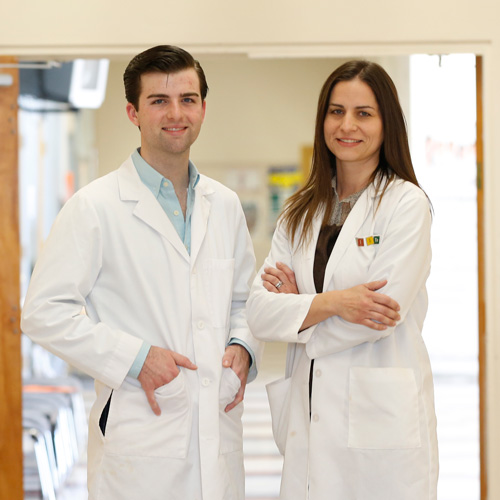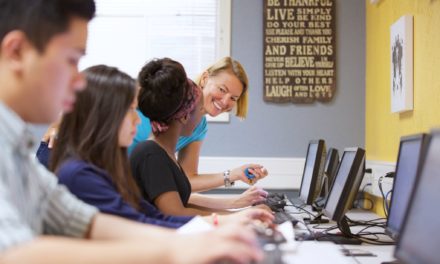If you’re a first-time college student, you might be wondering how you can experience a successful freshman year, followed by an equally rewarding college career. Our academic advisors in the Office of Advising and Career Success (OACS) have a few tips for you to keep in mind as you enter this new and exciting environment.
Still in High School?
- Utilize online resources, and consider investing in an ACT/SAT preparatory class or textbook. The higher your score, the greater likelihood you’ll begin college in college-level classes, rather than having to take basic skills classes (which do not count towards college credit).
- Take Advanced Placement classes. If your school offers these courses, you may be able to arrive to college with some credits already satisfied.
- Get involved in clubs and activities that interest you. Don’t limit yourself.
Hey, First-Years!
- Connect and communicate with your professors and academic mentor. Don’t be afraid to ask questions! Use their office hours!
- Invest in a planner or time-management/study app like iStudiez Pro. Remember that for every hour of class, it’s recommended to study at least 2 hours outside of class. Keep this in mind if you plan on working part-time in addition to your studies.
- Have your textbooks and class materials with you by the first day of class. Read your syllabi, and record assignments and due dates in your planner beginning on the first day. During homework time, complete your ugliest/largest task first as this habit will help with time-management/procrastination.
- Use your FREE campus resources like the Collaborative Learning Center, the Writing Center, the Library, your reference librarians, etc. Bad stuff happens. And when it does, you’re not alone.
- Personal life does impact academics. Communicate with your instructors, talk to one of our counselors—reach out for that extra support, because it does exist.
- Take time to get to know yourself. Just because you may have an idea what bachelors you want to get, it doesn’t mean you’ll be guaranteed a job, or that you’ll be in that field for the rest of your life. Take time to explore. Travel. Serve. Meet people. Be curious.
- As much as you need to commit to school, don’t become self-absorbed in an academic bubble. You’re allowed to make mistakes. The important part is to learn from them. That’s called experience.
This tips in this article were compiled with help from OACS advisors Deborah Newara, Henry Garci, and Donnie Cristales.




